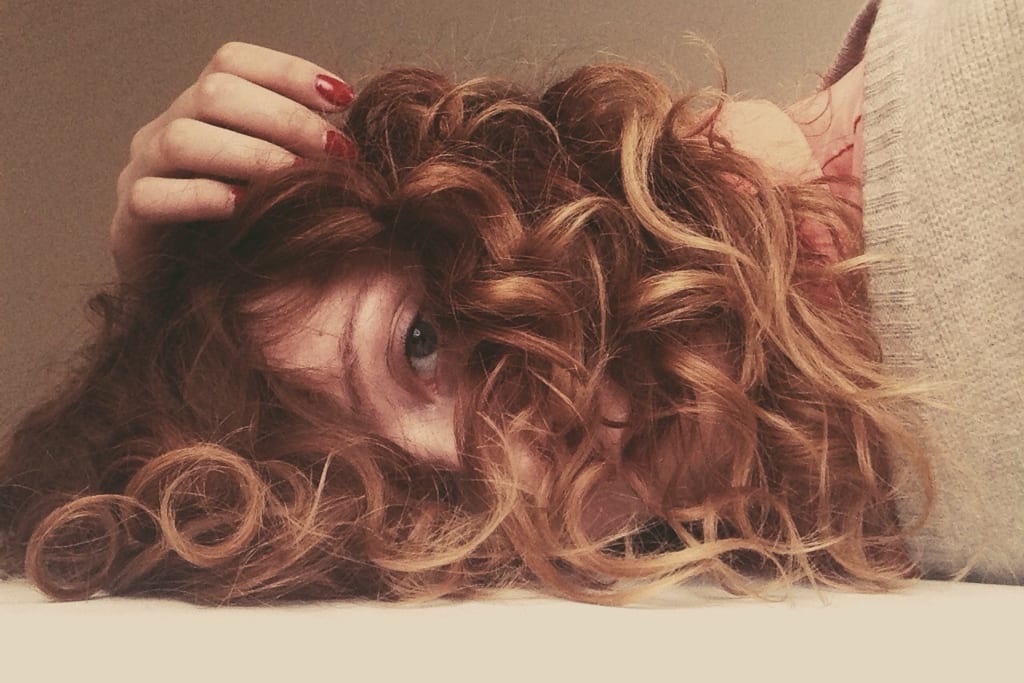Reasons to get mindful (it’s easier than you think)

If you’ve ever jumped in the car or on the bus at point A, only to find yourself pulling up at point B with absolutely no recollection of how you got there or anything you saw or heard along the way, you could use some mindfulness in your life.
It’s the antidote to ‘automatic pilot’ mode
Mindfulness is a skill rooted in the tradition of religious meditation. The secular form of mindfulness most of us refer to today was popularised by Jon Kabat-Zinn, the founder of the Stress Reduction Clinic and Center for Mindfulness at the University of Massachusetts Medical School and author of Wherever You Go, There You Are (Piatkus, £13.99). He defines mindfulness as, ‘Paying attention in a particular way; on purpose, in the present moment, and non-judgmentally.’
It boosts our happy chemicals
Developments in neuroscience mean that the benefits of mindfulness are being proven scientifically. A recent study from Harvard Medical School found that individuals completing an eight-week mindfulness stress-reduction course reported significant increases in psychological wellbeing, and showed both increased levels of mood-boosting neurotransmitters such as serotonin.
It makes our brains stronger
We know the brain changes in response to experience,’ says Ed Halliwell, co-author of the Mindful Manifesto: How Doing Less and Noticing More Can Help Us Thrive in a Stressed Out World (Hay House, £10.99; www.edhalliwell.com). ‘Just as lifting weights exercises muscles so they grow and change, mindfulness creates new neural pathways in the brain that enable us to change the shape – or ‘kinks’ – that inform our thinking, or our ingrained responses, from negative to more positive ones.’
It helps us look on the bright side
Studies at the University of Wisconsin-Madison found that being mindful had a measurably positive effect on brain activity. Participants who experienced greater wellbeing had more activity in the left prefrontal cortex. Those more prone to depression had more activity in the right prefrontal cortex. Taking a mindfulness course shifted that activity from the right to left.
It’s not just for monks and hippies
Over the last 10 years there’s been a lot of research into the practice of mindfulness and all the indications are that it’s helpful in achieving an optimal mental health state,’ says Halliwell. ‘Meditation used to be seen as hippyish and New Age. Now there’s such strong science attesting to its efficacy, more people are willing to try it. It’s even available on the NHS, which is indicative of how much there’s been a shift in perception.’
It can make you more productive
Steve Richard Braithwaite (www.steverichardbraithwaite.com), creator of mindfulness workshops Mind Fitness, suggests that increasing focus and concentration allows us to live a calmer, more peaceful life. ‘When the mind is too busy, the result is stress and high anxiety,’ he says. ‘Mindfulness is about concentrating on the task in hand. In sport, it’s what we call ‘being in the zone’.’
Mindfulness can work for busy people
‘In the West, we struggle with the concept of emptying the mind and so on, but giving our full concentration to the act of “doing” – and it doesn’t matter what we’re doing, as long as we’re engaged – makes us happy,’ says Steve Richard Braithwaite. ‘Think of a child wanting to help you sweep the floor or unpack the shopping – they are fully immersed and the activity doesn’t matter. So whatever it is you’re doing, think: “I can do that; I will do that; I am that”.’
You can get mindful in minutes
Discover quick-fire mindfulness tips from the founder of the pioneering Headspace app, Andy Puddicombe: /stress-hack-get-headspace/











